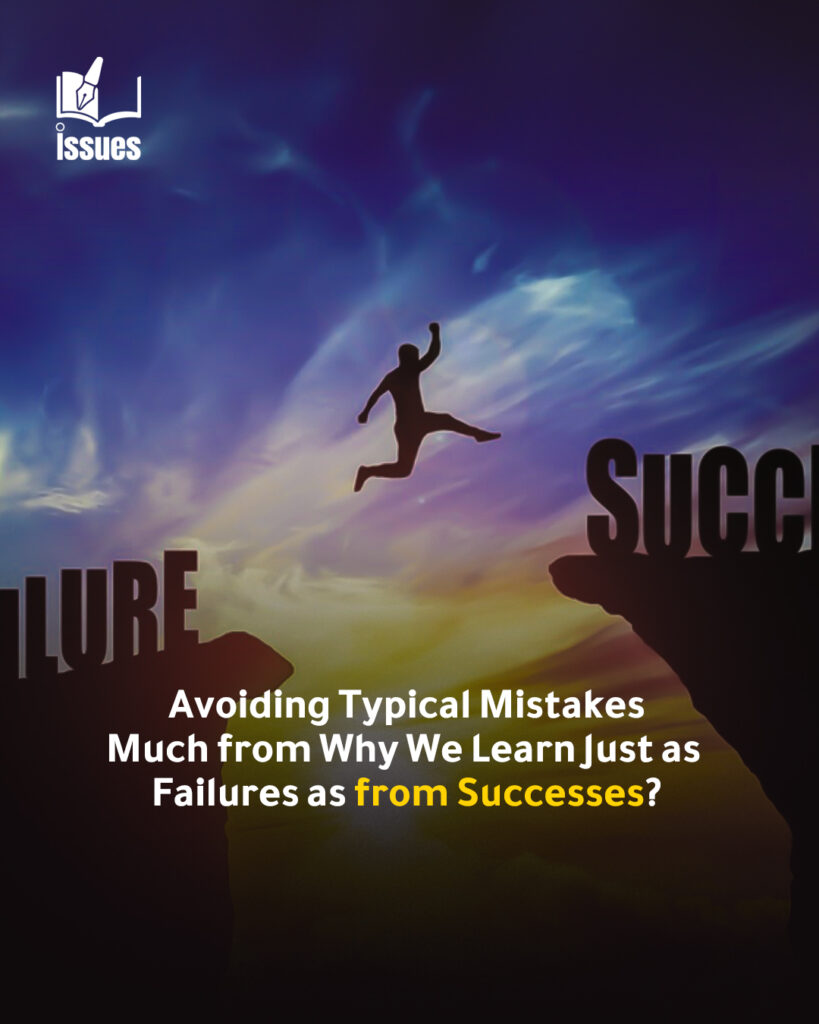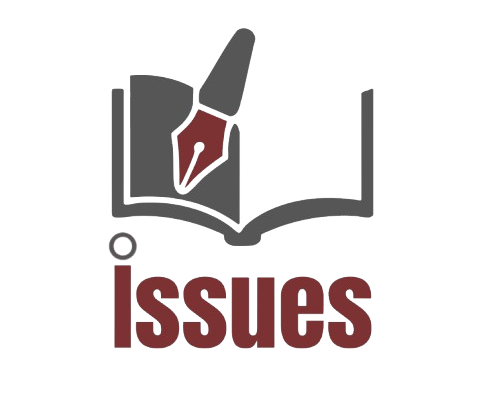Stories of success—a program that pulled communities out of poverty, an initiative that increased citizen involvement, or a reform that improved governance outcomes—are frequently at the forefront of people’s thoughts when they consider policy, governance, or research. These achievements are encouraging, but they are not the whole picture.
Failures, setbacks, and unforeseen repercussions are all as important. In actuality, some of the most significant insights in research and policymaking are derived from mistakes rather than successes.
Why It’s Important to Examine Failures?
– Unspoken presumptions are exposed by failures. A lot of policies are based on presumptions about organizations, resources, or human behavior. Policies fail when these presumptions are incorrect, exposing what researchers or decision-makers failed to consider.
– They demonstrate that context is crucial. Because of cultural, political, or capacity differences, a policy that is effective in one area could not be in another. Examining unsuccessful attempts enables us to understand how context affects results.
– They stop recurrence. Failures can save time, money, and sometimes even lives by giving researchers and future leaders a roadmap for what not to do.
Examples of Failure-Based Learning Cases
Quick Urban Development Initiatives
To solve shortages, massive housing developments were swiftly constructed in a number of cities across the world. However, a lot of them failed because they disregarded the requirements of the locals for community spaces, employment, and schools. The lesson is that larger social infrastructure must be taken into account for housing policy to be successful.
Gaza’s Reconstruction after the Conflict
Some aid initiatives put expediency ahead of sustainability, providing short-term solutions like temporary homes that degraded within a few years. Although these initiatives met urgent needs, they also brought attention to the dangers of short-term planning. The lesson is that long-term planning, not simply emergency solutions, is necessary for sustainable recovery.
Campaigns for Public Health
Programs for health awareness or vaccinations failed in other areas because officials believed that information alone would alter behavior. Even the most well-funded efforts failed in the absence of trust-building, community involvement, and cultural sensitivity. The lesson is that connections and communication are just as important to effective health policy as medicine.
Making Knowledge Out of Failures
In order to turn mistakes into teaching moments, organizations and scholars need to:
– Adopt an attitude of openness and honestly record both your accomplishments and your failures.
– Encourage researchers, NGOs, and policymakers to examine results without fear of repercussions by fostering a culture of reflection.
– Include feedback loops and revise policies frequently as practice teaches us new things.
In conclusion
Failures are a necessary part of the process of creating stronger societies and better policies, so they are not the end of the narrative. We create room for creativity, resiliency, and real growth when we view failures as teaching moments rather than as reasons to hide.
At ISSUES, we think that every setback offers a chance to get better. We can more honestly and empirically shape change by researching what works and what doesn’t.


